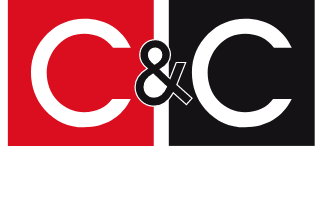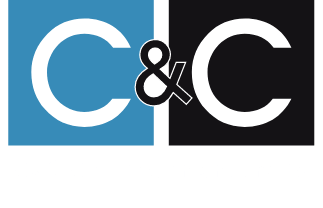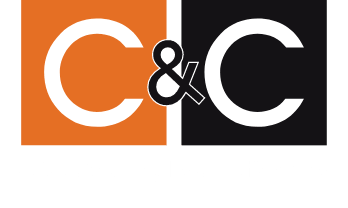The problematic effect of ‘hard water’ on catering equipment is not an issue that is widely understood by many working within the industry. Hard water, which contains high levels of minerals such as calcium and magnesium, is not harmful to health and is safe to drink. However, it can cause potentially costly issues in industrial settings where machines such as boilers, coffee makers and dishwashers use water regularly as part of their functionality. In certain geographical areas such as London, water can be very ‘hard’ and in these instances, a water softener is required to prevent the build-up of scale and prolong the life of expensive equipment, in some cases, by up to 30%.
C&C Catering Engineers has many years’ experience working in the industry and we believe that it is a necessity for all catering facilities in hard water areas to use a water softener. Calcium treatment units or resin beads, which have sodium ions attached to them and remove calcium and magnesium to soften the water, are the most popular solutions, although it is essential that resin beads are replaced regularly.
We thoroughly recommend the use of water softeners in all catering machinery and are encouraging our clients to become more knowledgeable in this area to ensure greater efficiency and prevent expensive break downs. Equipment with internal boilers can be damaged by the effects of hard water. Glass washing machines are a good example. Hard water can etch the surface of glasses, resulting in replacement which is costly. In addition, a build-up of scale in the machinery itself can block up water jets, preventing an efficient rinse and leading to unnecessary repair. The appropriate level of understanding and maintenance will prolong the life of these expensive pieces of equipment.
The problematic effect of ‘hard water’ on catering equipment is not an issue that is widely understood by many working within the industry. Hard water, which contains high levels of minerals such as calcium and magnesium, is not harmful to health and is safe to drink. However, it can cause potentially costly issues in industrial settings where machines such as boilers, coffee makers and dishwashers use water regularly as part of their functionality. In certain geographical areas such as London, water can be very ‘hard’ and in these instances, a water softener is required to prevent the build-up of scale and prolong the life of expensive equipment, in some cases, by up to 30%.
C&C Catering Engineers has many years’ experience working in the industry and we believe that it is a necessity for all catering facilities in hard water areas to use a water softener. Calcium treatment units or resin beads, which have sodium ions attached to them and remove calcium and magnesium to soften the water, are the most popular solutions, although it is essential that resin beads are replaced regularly.
We thoroughly recommend the use of water softeners in all catering machinery and are encouraging our clients to become more knowledgeable in this area to ensure greater efficiency and prevent expensive break downs. Equipment with internal boilers can be damaged by the effects of hard water. Glass washing machines are a good example. Hard water can etch the surface of glasses, resulting in replacement which is costly. In addition, a build-up of scale in the machinery itself can block up water jets, preventing an efficient rinse and leading to unnecessary repair. The appropriate level of understanding and maintenance will prolong the life of these expensive pieces of equipment.
Get in touch
Head Office
C&C Catering Engineers Ltd
Quarry Buildings
Hill Road
Eccleston
Chester
CH4 9HQ
01244 536354
Get Social
Find our more about the C&C Group
![CC-Engineers-logo[1] CC-Engineers-logo[1]](https://cateringengineers.com/wp-content/uploads/CC-Engineers-logo1.png)


